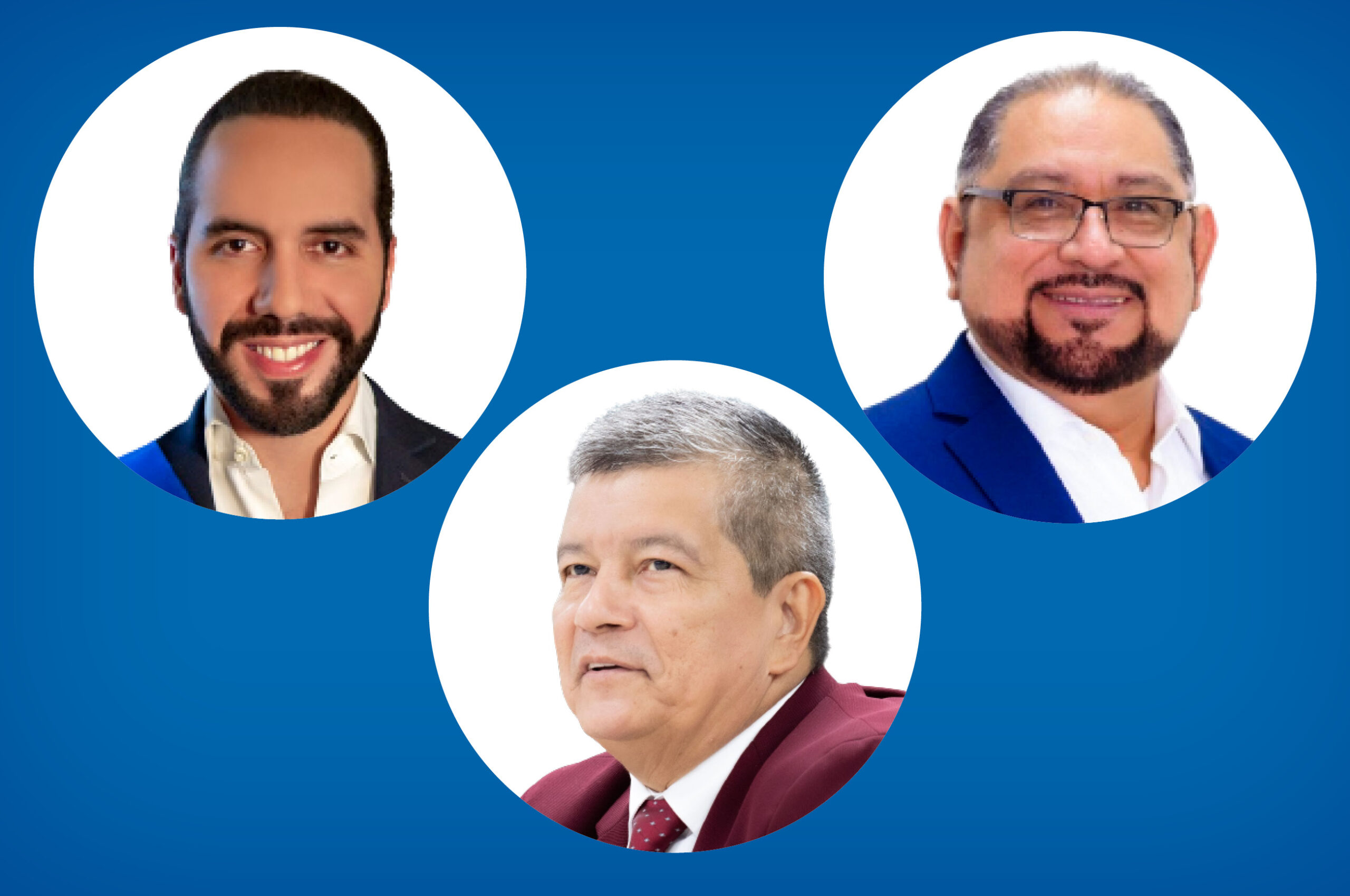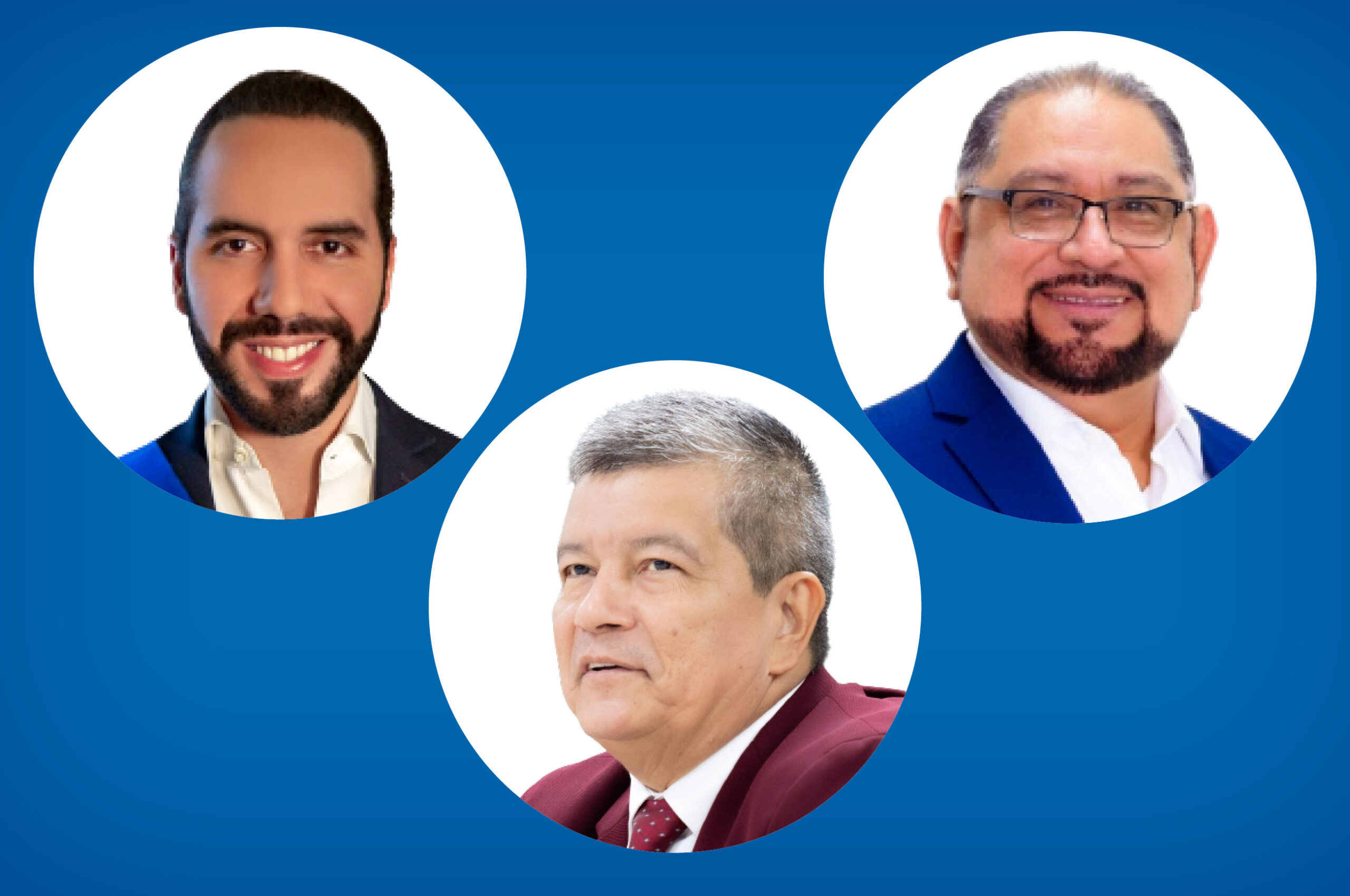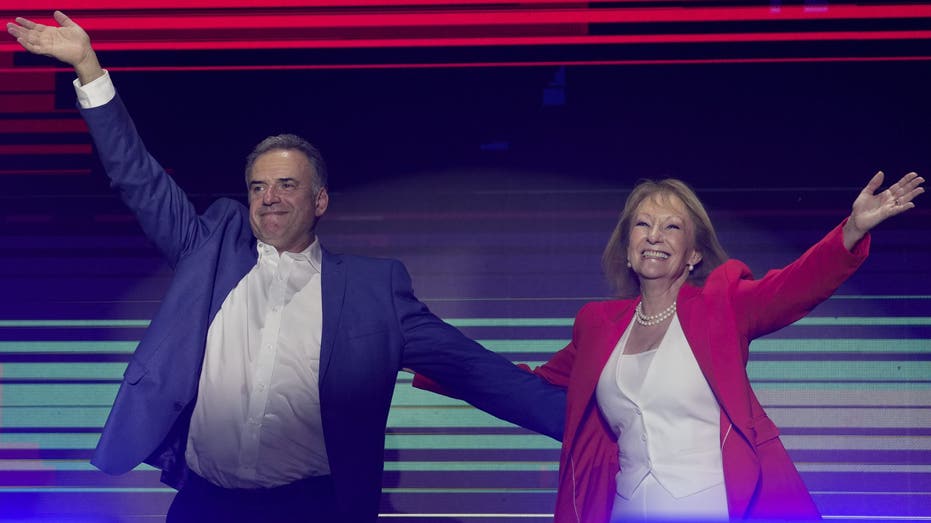
Uruguay’s Leadership Change: Yamandú Orsi Wins Presidential Runoff
Uruguay has experienced a significant political shift with the unseating of its conservative government following the remarkable victory of Yamandú Orsi, a candidate from the leftist opposition, the Broad Front coalition. This closely contested presidential runoff, held on Sunday, concludes five years of center-right governance and heralds a new political landscape for the country.
Concession and Acknowledgments
Álvaro Delgado, the candidate representing the center-right ruling coalition, conceded his defeat even before the final votes were tallied, demonstrating both grace and a recognition of the narrow margin of the election outcome. Addressing his supporters in Montevideo, Delgado stated, “With sadness, but without guilt, we can congratulate the winner.” His words reflected a commitment to democratic principles amidst a climate of political tension.
Yamandú Orsi: A New Face in Leadership
Yamandú Orsi, a 57-year-old former history teacher with working-class roots, brings a wealth of political experience to his new role. He previously served as the mayor for two terms and is noted for being mentored by José “Pepe” Mujica, Uruguay’s celebrated former president known for his progressive reforms related to abortion, same-sex marriage, and marijuana legalization. In a heartfelt victory speech, Orsi extended gratitude to his supporters and emphasized the importance of national unity.
“The country of liberty, equality, and fraternity has triumphed once again,” Orsi proclaimed to the nation’s 3.4 million citizens. He acknowledged the close nature of the election results, urging reconciliation and collaboration with those who may feel marginalized by the electoral outcome. “Let’s understand that there is another part of our country that has different feelings today. These people will also have to help build a better country. We need them too,” he stated.
Navigating the Political Climate
With nearly all votes counted, Orsi secured slightly over 49% of the vote, while Delgado garnered 46%. The significant abstention and blank ballot actions were noteworthy, especially considering Uruguay’s mandatory voting laws that typically ensure high voter engagement. Voter turnout reached nearly 90%, showcasing the importance of this election in the eyes of the populace.
Delgado’s concession not only marked the end of the center-right coalition’s rule but also set the stage for a new administration in motion. President Luis Lacalle Pou, who has held the office since 2019, expressed his commitment to a smooth transition, stating on social media, “I called Yamandú Orsi to congratulate him as President-elect of our country. I will put myself at his service and begin the transition as soon as I deem it appropriate.”
Economic Outlook and Political Discontent
Orsi’s victory mirrors growing dissatisfaction across South America, where many incumbent governments have faced backlash following years of economic hardship exacerbated by the pandemic. Unlike Argentina, which recently witnessed a populist wave with the election of Javier Milei, Orsi’s leadership appears to signal a revival of the left in Uruguay, albeit within a framework familiar to the Broad Front’s previous governance from 2005 to 2020.
Orsi positions his vision as the introduction of a “new left” for Uruguay, notably aligning with past leadership that successfully balanced market-friendly policies with comprehensive social welfare programs. His campaign proposals include tax incentives aimed at attracting investments, alongside reforms focused on the critical agricultural sector, which is essential to the Uruguayan economy. Notably, he has suggested modifications to social security policies, such as lowering the retirement age, yet these measures have not fully aligned with union demands.
Challenges Ahead
Under Orsi’s stewardship, Uruguay may also contemplate a reversal of its controversial trade agreement with China, a policy fervently advocated by the outgoing regime but met with resistance from Mercosur, the South American economic bloc. This potential pivot could redefine Uruguay’s economic relationship within the region and globally.
The enduring influence of José Mujica, now 89 and recovering from health challenges, was palpable during the election. Mujica emerged to endorse Orsi, commending both the resilience of Uruguay’s democratic institutions and the political stability that has characterized the nation. “This is no small feat,” Mujica asserted, suggesting a hopeful trajectory under Orsi’s leadership.
Looking Forward
As Yamandú Orsi prepares to take office on March 1, 2025, the expectations are high. His administration will confront formidable challenges, such as tackling the pressing issue of childhood poverty, which currently stands at an alarming 25%. Additionally, addressing escalating crime rates and facilitating economic recovery will be paramount as Uruguay looks to navigate the intricacies of a new political era.
In summary, the electoral shift from a conservative government to Orsi’s leftist leadership represents a broader narrative of change resonating throughout South America. Voters have expressed their desire for new policies and governance styles that adequately respond to their evolving needs and concerns.
*The Associated Press contributed to this report.*


















